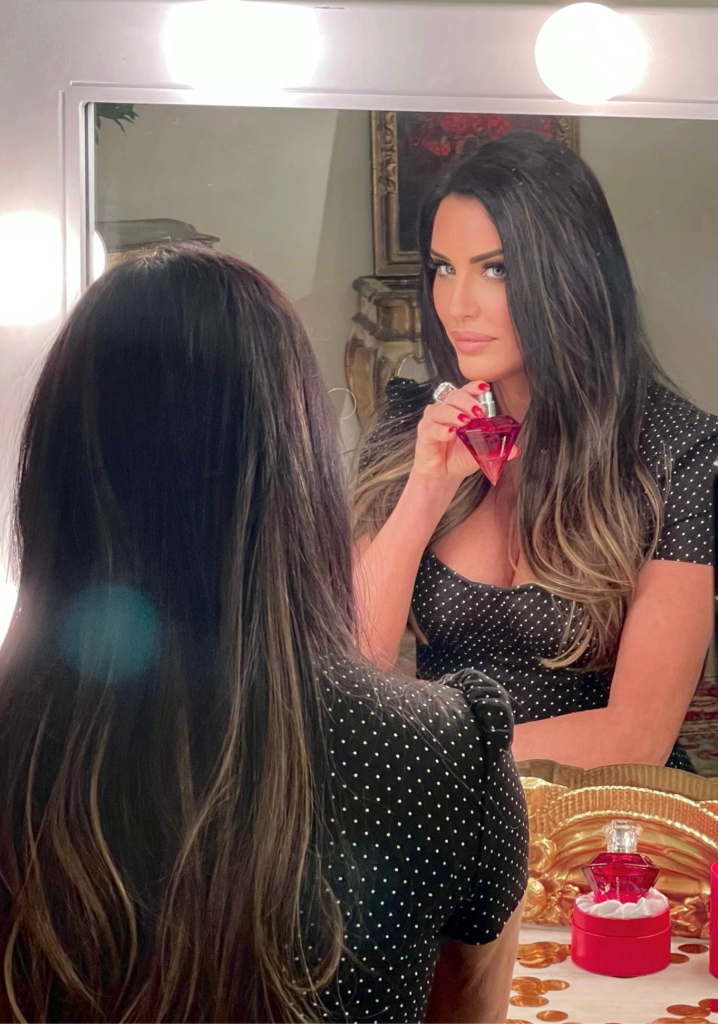 One of my best friends always reads the posts on my sites… because she is the world’s best best friend… and she recently pointed out a content blind spot I never noticed. She told me that she loves how I always give the advice to communicate with your partner, but that I never really explain how to communicate. And that’s a really good point! I always beat the same drum and tell you guys how important communication is. But, I never tell you how to communicate. Well, that’s going to change right how. Here’s how to actually communicate in a relationship when you have an issue to discuss.
One of my best friends always reads the posts on my sites… because she is the world’s best best friend… and she recently pointed out a content blind spot I never noticed. She told me that she loves how I always give the advice to communicate with your partner, but that I never really explain how to communicate. And that’s a really good point! I always beat the same drum and tell you guys how important communication is. But, I never tell you how to communicate. Well, that’s going to change right how. Here’s how to actually communicate in a relationship when you have an issue to discuss.
Quiet and private
If you’re discussing a problem you have with your partner, keep the conversation to just your partner and yourself. Don’t bring up the issue in front of a group or try to discuss it in a public place. That’s going to wind up being embarrassing for one of you…if not both of you. And a lot of voices chiming in or a lot of distractions popping up aren’t going to serve your goal of getting your issue resolved. So, pick a quiet time in a private place, turn the TV off and put your cell phones in another room. This conversation needs to be the main focus.
Quickly, but not too quickly
If you have an issue with your boo, bring it up quickly. Don’t let it fester for months or years and then explode with a backlog of complaints. It’s best to talk about a problem soon after it happens. However, the exception to this rule is that you don’t want to bring up your problem too quickly afterwards if you’re still emotional from the event. You have to give yourself time to calm down so you can go into this conversation as level headed as possible. So, be quick, but not so quick that you’re putting your abilities to be calm at risk.
Specifics, not generalizations
A sure way to make your partner feel like your issue with them is so big that it’s unresolvable and there’s not point trying is to generalize their behavior. Phrases like “you always” or “you never” typically lead to generalizations that feel overwhelming. But, if you point to specific examples of behavior you didn’t appreciate and offer alternative ways for them to act, the problem will seem much more manageable. It’s the difference between “my partner wants me to change one thing and explained how to make that change” versus “my partner wants me to change everything I always do.” Which message do you want to send?
Open to blame
When you bring up an issue, you have to be prepared to get something unflattering about your behavior brought up as well. And it’s not going to feel good. But, if someone who loves you can do something that bothers you without knowing it, you could very well be doing something that bothers them without knowing it. And they could bring that thing up out of defensiveness as a reaction to you confronting them. Or, out of convenience. It can be hard to find a quiet convenient moment for this type of conversation and you did the work of finding one. So, two birds with one communication stone. Whatever the reason though, you should be prepped to get some constructive feedback too.
Take five
Even when you go into these conversations with the best of intentions, they can get heated and painful. And as the expression goes, if you can’t take the heat, get out of the kitchen. Don’t be afraid to press pause and walk away for a beat or even a full night to cool off before returning to the conversation. Being angry doesn’t lead to constructive conversations. So, if you feel yourself or partner getting mad, it’s time to take five and simmer down before you return to the conversation.
This little how to should give you the basics on how to communicate in the most beneficial way. Remember, having problems doesn’t mean you’re a problem couple. Pretending you don’t have any problems and never working to solve them does, though. So, put in the work to fixing your issues and the problems you have as a couple won’t turn you into a problem couple.






